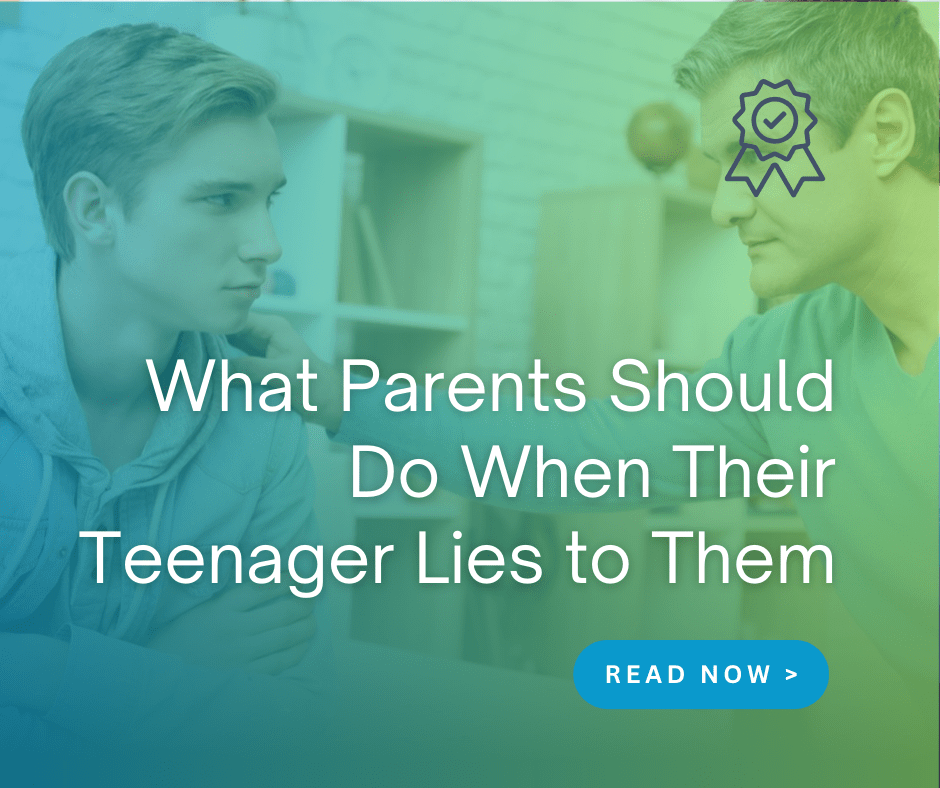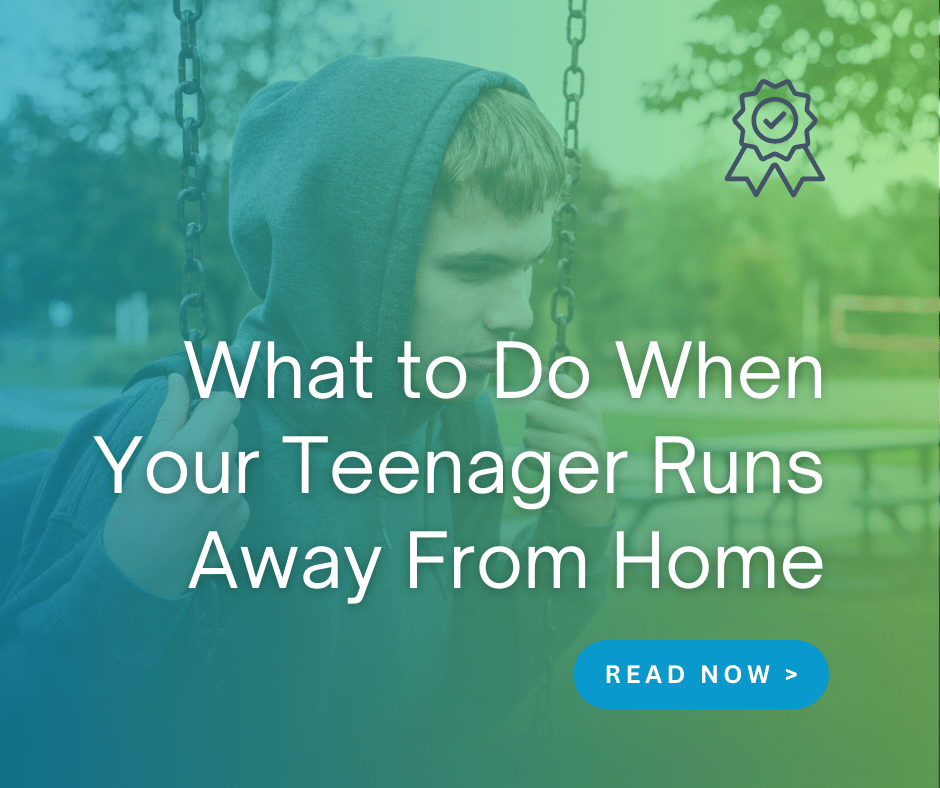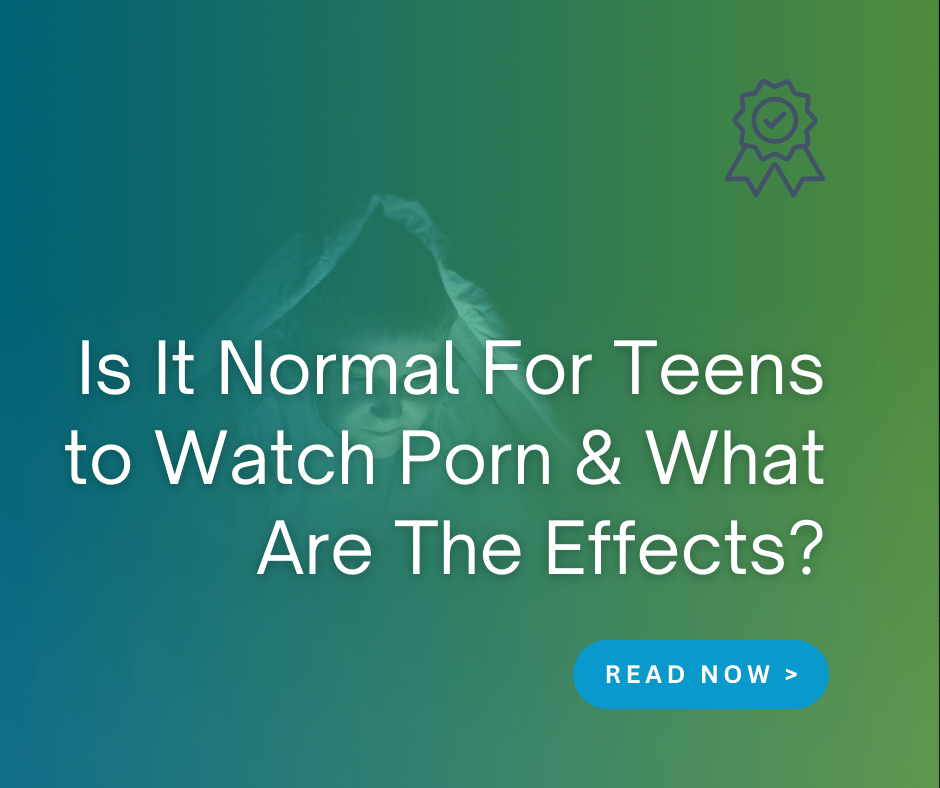Concussions are common among children. Kids have the highest rate of emergency department visits for traumatic brain injury of all age groups, with one-third of children suffering a head injury before they turn 13.
What Is a Concussion?
Known in the medical world as traumatic brain injury (TBI), a concussion is a mild TBI often caused by a jolt or bump to the head. Some of the most common causes of concussion in children are falls, sports injuries, and car accidents.
Not all bumps or blows cause a TBI, but those that do can change the way the brain functions. Since children’s brains develop rapidly, concussions can have serious consequences. Traumatic injuries can affect IQ scores, social skills, self-regulation, as well as physical and mental health.
Mental Health Problems Post-Concussion
A research review involving almost 90,000 children shows one-third of kids develop a mental health issue after a concussion. These issues can last several years after their injury. Why is TBI linked to mental health issues? There are several possible answers including:
- Physiological changes in the brain (changes in the way different parts of the brain communicate with each other)
- A natural fight or flight response to trauma
- TBI-related physical symptoms like headaches, sleep problems, and memory and attention deficits that contribute to mental health symptoms
How do concussions affect kids’ mental health?
The review shows these consequences:
- About 36% of children who had a concussion experienced anxiety, depression, or post-traumatic stress disorder (PTSD).
- About 20% struggled with attention issues, hyperactivity, or aggression.
- Others report:
- Mood swings
- Irritability
- Anger
- Difficulty focusing
- Impulsivity
These issues can make it difficult to participate fully in school, activities, and relationships.
It’s difficult to know if a child will have ongoing issues after a concussion. Often, the signs of a brain injury overlap with the signs of depression, anxiety, PTSD, and other disorders. Children are at greater risk of mental health issues after a concussion if they had mental health symptoms prior to their injury. The risk of psychiatric problems also increases if the child had to be hospitalized or has had previous concussions.
How to Help a Teen Post-Concussion
In addition to getting all necessary medical treatment and academic support, here are a few ways you can bolster your child’s mental and emotional well-being after a concussion:
Ask for a mental health assessment.
An assessment will help you identify and address any issues right away, so your child has the best opportunity to recover from their injury. Getting professional help is particularly important if your child thinks or talks about suicide or isn’t improving with treatment. There are several therapies and medications that may help.
Explain the correlation.
Talk to your child about the link between concussions and mental health problems. Understanding that the two often go together may help young people overcome stigma and ask for help.
Remain vigilant.
Children take twice as long to recover from a concussion as adults, often managing symptoms months (and, in some cases, years) after their injury. Symptoms may not fully appear for months after the injury, which makes it hard to correlate mental health issues with the injury. Let them know you’ll be there to support them no matter how long recovery takes.
Be an advocate.
Recovery from a concussion can be difficult, especially if a child is experiencing mental health symptoms. Approach your child with love and compassion, and advocate for their needs with their healthcare providers and school. Celebrate their efforts and milestones toward feeling better.
Don’t take behaviors personally.
If your child has angry outbursts, overwhelming sadness, or similar behaviors, it can be hard to respond calmly. Knowing that these behaviors may be caused by a brain injury, not something you did, can help you respond with compassion.
Get support for yourself.
Many communities have support groups for loved ones of people with brain injuries. You can also talk with a friend, family member, or therapist about the stresses you’re facing.
Minimize their stress.
Stress can make symptoms worse. Try to create a calm environment at home and encourage your child to follow a structured routine to make life more predictable.
Most Kids Recover Quickly
It typically takes a child or teen four to twelve weeks to recover on their own. But it’s important to be aware of possible long-term consequences, including mental health problems, so you can make sure your child receives the care they need.












